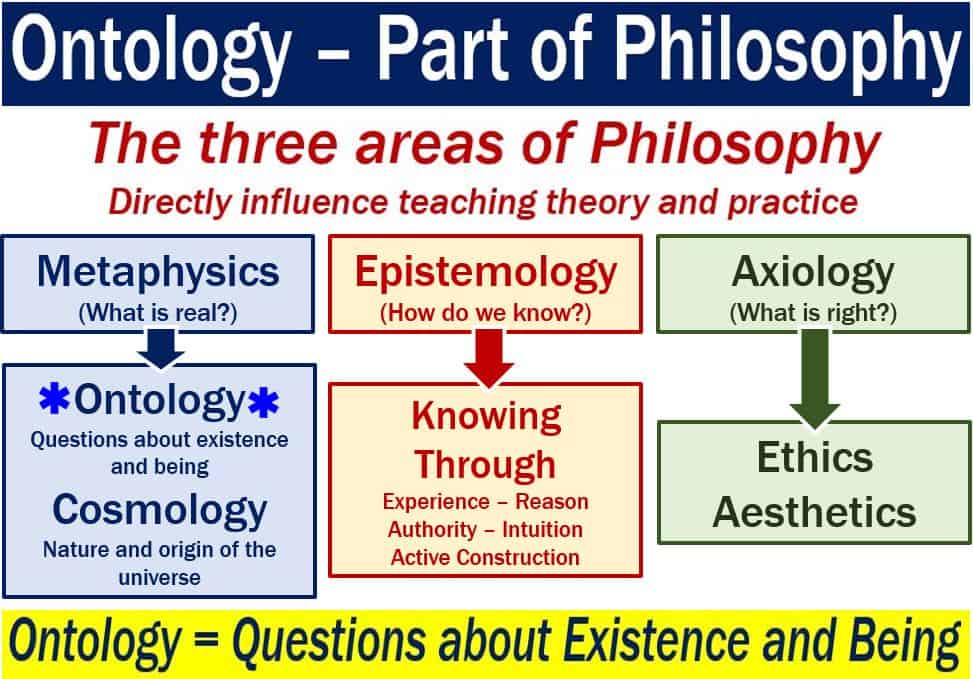An ontology is ones fundamental conception of reality - whether physical, mental or social. It is basically a theory of existence and being, as being told in philosophy, religion, or physics. It is the "study of being as being", as Uskali Mäki puts it. Ontological commitments have the nature of a Weltanschauung. They have foundational status, are our "window on the world", one might say.
A system that sees everything as money will never bring us to a human and sustainable world. (The Numbers)
A closer look at these fundamental conceptions or presuppositions helps us understanding the limits imposed to our thinking by/through the very coro of our belief system. It helps us answering questions such as:
- What properties are attributed to human individuals in a given theory? And which are excluded? For example: Does the "economic man" (homo oeconomicus) exist? - Do the things and phenomena we look at -markets, states, commons etc- have an essence? - How do these things and phenomena come into being? How do they interact? For instance: Is the economy conceived as a mecanism? And therefore, do macroeconomic aggregates exist, as the mainstream economy suggests? - Are any of the things and phenomena we observe historically and culturally invariant, i.e. universal? Or are they relevant to context? Therefore:
Historically, differing onto-stories mutually influence one another. "They are rarely present in pure form within any one philosopher’s thinking or any one political theory. " (Stout 2012: 389)
Ontologies can become hegemonic, as the modern western culture, they then become a "much less obvious form of colonization" (Beeman, C. & Blenkinsop, 2008, 97). Ontological hegemony does away with diversity on a deeper level. And still, diverse ontologies subsist - indigenous cosmologies, feminists, mystics, quantum physicits and "pretty much anyone who does not accept Newtonian/Cartesian reality as a natural given" (Stout: 391).
Ludwig Wittgenstein called them hinges on which our ordinary thoughts and judgements turn, and the riverbed within which our thought flows (Wittgenstein 1969, §§97-9, 341-3) (in Maki 2001:5)
If we think in "ideal-type models", there are a few principal difference between competing “onto-stories” (Bennett 2001).
VIMEO 147432643 The Numbers
# Differences between Onto-Stories
Existence is - static versus dynamic in state
Static means that being simply is —we can know its truth through various means. Dynamic means that existence is continually becoming, and so understanding it is difficult beyond temporary “snapshots” of its expression.
- whole versus plural in expression
Whole means that the source of existence is complete—it cannot be broken apart in some way. Plural means that there are many sources of existence.
- transcendent versus immanent in its source
Transcendent means that the source of being is beyond that which exists. Immanent means that the source of being is within that which exists. (Stout 2012:389)
- individualistic versus relational in condition.
Individualistic means that being is contained within itself, whether it is considered as an abstract single whole or a plurality of actual singular units. Relational means that apparently separate beings are actually connected in some way. (Stout 2012:389)
POST http://image-transporter.apps.allmende.io/image
Heraclit notes that the only universal principle is change. Whatever exists is in a constant state of becoming. But
the substance of each state is the same — there is an essence of becoming that expresses itself in many potentialities, as noted in the phrase “from all things one and from one all things.” Therefore, the source of existence is immanent. The opposing processes of formation and dissolution are the source of a creative conflict through which all things become (Graham 2008, sec. 3.2, para. 4).
# Metaphors for Ontology - theoretical lense - window on the world - hinges (Wittgenstein) - riverbed (Wittgenstein) - vision (Schumpeter) - starting gate (to a discipline) (Buchanan)
# See also
Relational Ontology Relational Categories Differentiated Relational Ontology Ontology Shapes Polity Ontology of Economics
# Sources
Margaret Stout (2012): Competing Ontologies: A Primer for Public Administration, in Public Administration Review: May/June 2012: only pages 389 and 390, pdf ![]()
One has to start looking at the ontological windows instead of merely looking through them. (Maki 2001: 6)
